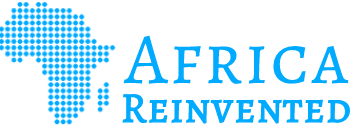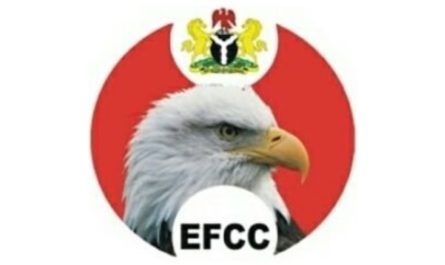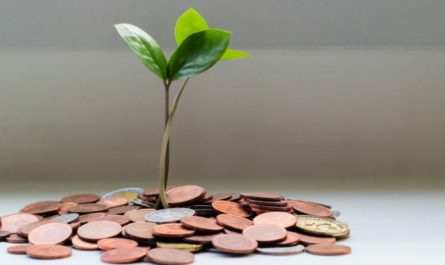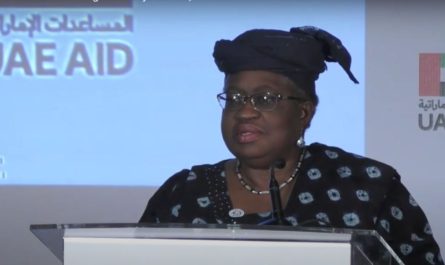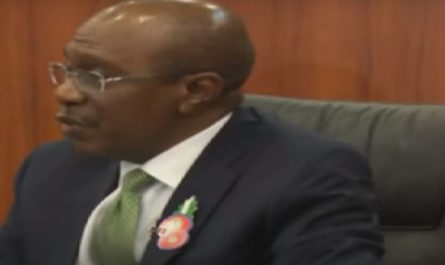The Central Bank of Nigeria, CBN is inching closer to realizing its financial inclusion objective with 63.2% rate in 2019.
Since the launch of the National Financial Inclusion Strategy, NFIS, in 2012, the CBN has effected a reduction in the number of the unbanked population in Nigeria from 46.3% to 38%.
- Digital Economy Attracts the Youth in Nigeria – Pantami
- BVNL Begins Plan To Deliver COVID-19 Vaccine in Nigeria
Financial inclusion rate advanced in 2019 with non oil revenue
The 2019 Annual Report for the implementation of the National Financial Inclusion Strategy revealed that the methods were scaled up from the previous years and key milestones achieved.
Channels unlocked under the Financial Inclusion Gender Gap and Digital Financial Services Ecosystem units of the NFIS enabled the CBN to facilitate its achievement.
“Our periodic measurement of the financial inclusion rate currently puts Nigeria’s performance at 63.2%, leaving us with a 16.8% gap in projected achievement”. “Our headline target is to achieve 80% financial inclusion rate by the end of 2020, CBN governor, Godwin Emefiele said”.
According to the report, the CBN foresees a further reduction rate to 20% in 2020, aspires 5% in 2024.
In considering environments in the NFIS, the CBN cultivated one in the Agricultural sector to enable financial inclusion in Nigeria.
It funded 1.4 million smallholder farmers under the Anchor Borrowers Programme. This contributed 2.4% growth in the agriculture sector compared to 2.1% in 2018.
- Non-Oil Sector in Nigeria – Finance, IT, Agriculture – Takes Q3 2020 GDP
- Plane Ticket Prices For Lagos, Abuja Closing N100,000 In December
Hence growth performance of the Agriculture sector in 2019 underscored the increasing role of financial inclusion. More stakeholders within the sector had improved access and usage of financial services in 2019 the report said.
